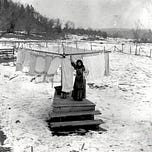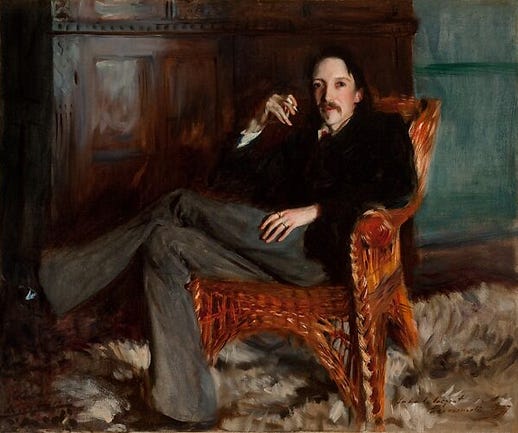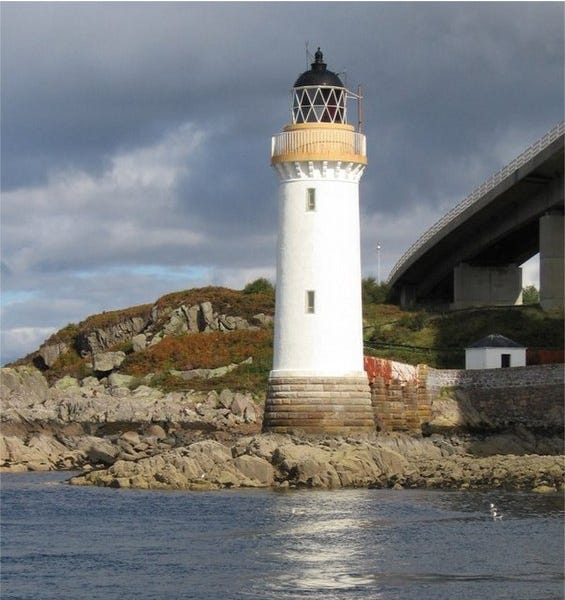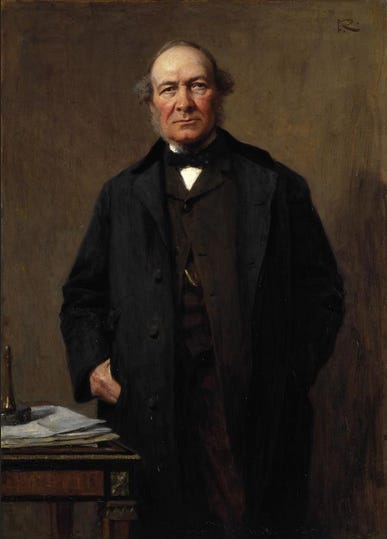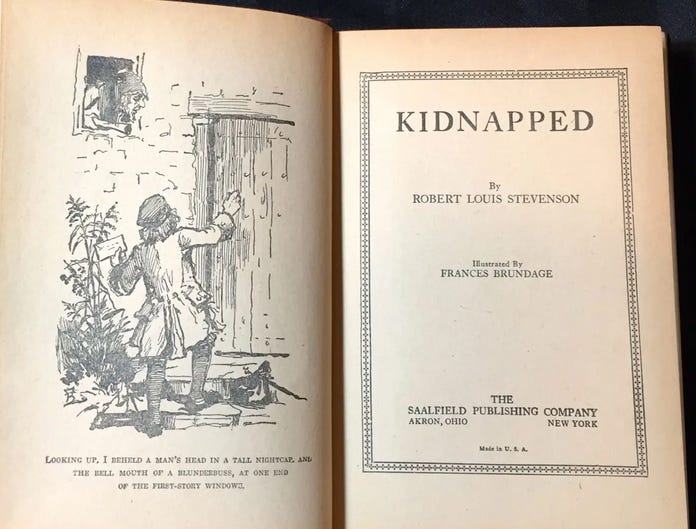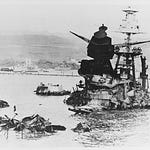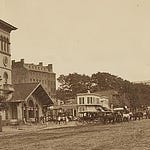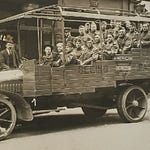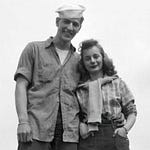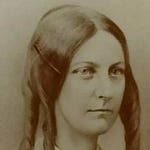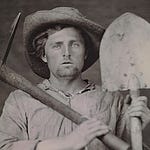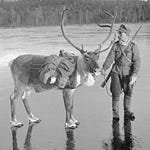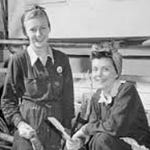the disappointing son
It wasn’t Thomas Stevenson who disappointed.
It was his wayward son, Robert Louis Stevenson, the author of Treasure Island, Dr. Jekyll and Mr. Hyde, and Kidnapped.
This is an age-old story.
Thomas was born the son and grandson of Scotland’s most celebrated civil engineers.
Doing what was expected of him had propelled Thomas to the pinnacle of Scotland’s scientific community.
In a thirty-year career as a civil engineer, Thomas developed groundbreaking designs for Scottish lighthouses and conducted pioneering work in meteorology.
He achieved fortune and fame and became the president of the Royal Society of Edinburgh, Scotland’s national academy of science and letters.
And then there was Robert, Thomas’s only child, a sickly but brilliant boy who suffered from a chronic lung ailment — perhaps tuberculosis.
Thomas invested time in this boy.
As Robert lay in his bed, coughing and feverish and afraid of the dark, Thomas would sit with him, lulling him to sleep with make-believe.
When Robert attained adulthood, he attempted to walk in his father’s path.
But he couldn’t do it.
Robert’s time at the university was one of rebellion, against his father’s profession and his father’s religion.
He exhilarated in the written word.
But his father…
To satisfy his expectations, Robert completed law school and gained admission to the bar, but lawyering didn’t suit him, either.
He wanted to write.
So, there were arguments, and, for a time, Robert lived away although reliant on his father’s continued financial support.
[It was a tortured path for both.]
But the tide turned.
Robert found a publisher.
And then Robert’s book, Treasure Island, his classic pirate adventure story, was published, and it was Robert who basked in professional acclaim.
The wayward son had become a success.
But in the wrong field.
When Robert wrote to his father about Treasure Island’s publication, he closed his letter with this lament on their strained relationship.
October 28, 1885
My Dearest Father,
We had a dreadful overhauling of my conduct as a son the other night; and my wife stripped me of my illusions and made me admit I had been a detestable bad one.
Of one thing in particular she convicted me in my own eyes: I mean a most unkind reticence, which hung on me then, and I confess still hangs on me now, when I try to assure you that I do love you.
— Ever your bad son.
Robert Louis Stevenson

Robert would describe his career choice as ‘playing at home with paper like a child.’
And Thomas may have seen it that way, too: a gifted son who had rejected the family legacy to forever remain a child.
In the last months of Thomas’s life, his “bad son’s” celebrated works, Strange Case of Dr. Jekyll and Mr. Hyde and Kidnapped, would both be published, bringing Robert international acclaim.
Was it ever enough?
Robert addressed his role in the storied Stevenson family of lighthouse builders in this poem, written in 1887, the year that his father passed away.
Say not of me, that weakly I declined
The labours of my sires, and fled to sea,
The towers we founded and the lamps we lit,
To play at home with paper like a child.
But rather say: In the afternoon of time
A strenuous family dusted from its hands
The sand of granite, and beholding far
Along the sounding coast its pyramids
And tall memorials catch the crying sun,
Smiled well content, and to this childish task
Around the fire addressed its evening hours.
******************************
I’ll see you tomorrow.
— Brenda
Banner image: Scurdie Ness Lighthouse, Montrose, built in 1870 by David & Thomas Stevenson.


